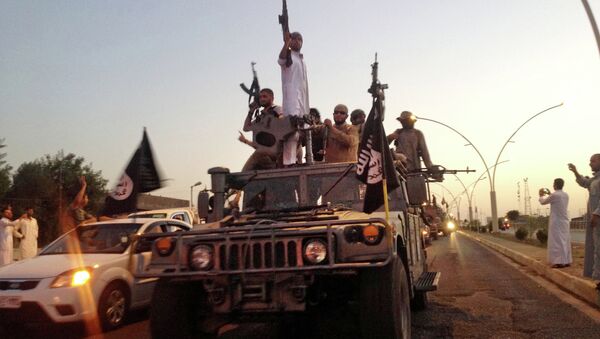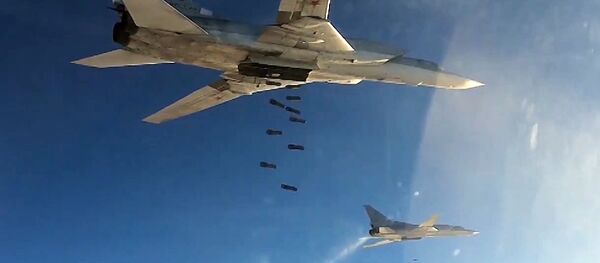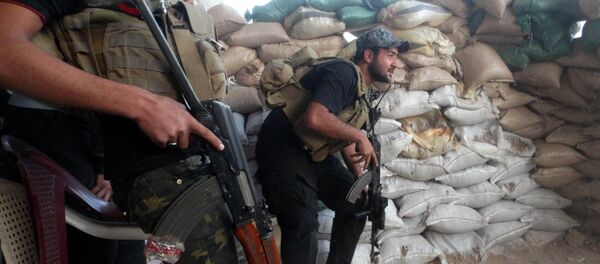Making such declarations, politicians attempt to use the public’s fear of terrorism for their own benefit, suggested the analyst, adding that, candidates pursue only one goal: to gain the attention of voters.
“We have a rather simple view that if a group establishes itself on the ground in a faraway place like Syria, this translates directly into a terrorist threat in the West. But there is simply no evidence of that,” Pillar said, adding that it wasn’t proven that the San Bernardino attackers who killed 14 people were associated with Daesh.
Pillar claims that supporters of a ground offensive also underestimate the possibility of collateral damage.
A key problem, Pillar highlighted, is that it’s impossible to predict what the consequences of a ground operation in Syria – even a successful one – would be.
“What you would leave [in Syria] is a vacuum and a chaotic situation, which only play into the hands of extremists, whether they carry the label of ISIS or of another group,” Pillar said.
Pillar said that a US invasion in Syria would have unpredictable outcomes, comparable to those in Iraq.
“Daesh was born in Iraq during the civil war that was triggered by the US-led invasion in 2003. And then it got big boost, when the Syrian war broke out and moved there and exploited that situation. The main thing we have to do is to tamp down this conflict.”
The first thing that should be done in Syria is to reduce the violence, Pillar said. The overall crisis can be resolved at the negotiating table, he asserted, with the assistance of outside powers including the US and Russia.





